Dr Marcel Mbamalu, CEO of Newstide Publications Limited, publishers of Prime Business Africa, has urged media organisations in Africa to create Sustainability Desks, for adequate coverage of issues surrounding environmental sustainability.
Mbamalu made the call during a presentation at the maiden edition of Asharami Square, with the theme, ‘Carbon Footprints and the African Narratives’ held in Lagos on Monday, 24 June.
Join our WhatsApp ChannelPrime Business Africa reports that the Asharami Square is an initiative of the Sahara Group, aimed at promoting sustainability through effective media advocacy.
Speaking on the topic ‘Reporting Carbon: the new Phenomenon,’ Dr Mbamalu said the media has a critical role to play in driving the conversation about climate change issues, and sustainable environment.
He pointed out that for a journalist to report climate and sustainability issues, they must be knowledgeable about them and be able to offer compelling narratives that would enlighten the public, and also influence creation of policies and actions that promote the cause.
READ ALSO:
Advancing reason why Sustainability Desk should be created by media houses, Mbamalu, who was an Editor at The Guardian, said while he was preparing for the presentation, he researched various mainstream media and other platforms, especially in Nigeria, but didn’t find anyone with Sustainability category.
“While I was preparing for this presentation, I was looking at various media organisations I could lay my hands on, for example, the conventional media. Looking at categories, I said this is a time for us to begin to think of having Sustainability as a category in our newspapers. I don’t know how many newspapers in Nigeria that have sustainability as a category,” Mbamalu stated.
“We have business as a section, even right now we are having gender and others but I think that as newspapers we need to have Sustainability as a category,” he added.
The media guru revealed that at Prime Business Africa, which he publishes, the category has been created already.
While highlighting the insincerity of world leaders in making practical commitments to tackle the menace of climate change, Mbamalu also stated that even the media are being influenced by lobby groups to avoid narratives that portray real risks.
“Some climate experts have therefore regretted that carbon sceptics entice journalists to dodge from constantly portraying carbon as a major polluter. Studies show that such covert lobby groups have worked very well to conceal the relationship between global resource hegemony, climate skepticism and media coverage of carbon footprints.”
The communication scholar and media consultant underscored the need to give prominence to media reportage of sustainability issues, adding that the devastating impact of climate change on humans is inevitable if appropriate actions were not taken which, according to him, starts with intentional effort by media organisations to raise adequate awareness.
“As media, we need to be very intentional about reporting sustainability, and climate change because it is going to happen to all of us. It is already happening.”
He cited the case of the recent heatwaves that killed about 1,000 people who went for hajj pilgrimage in Saudi Arabia, noting that such was a strange occurrence, as it never happened ten or even five years ago, but today it is happening due to climate crisis.
The PBA publisher added that if media is all about saving lives, paying attention to issues in the economy, growth and development, sustainability should be one of them.
“If we create Sustainability units in our organisations, it would help,” Mbamalu told journalists at the event.
He also spoke about capacity building for newsmen in the area of sustainability reporting and funding challenges.
The media entrepreneur advised that effective reporting on sustainability must start from the grassroots to create awareness about contributions of individuals, corporate actions, policies and level of government response to climate crisis.
Mbamalu, who observed that the quantity and quality of sustainability reporting in Nigeria still leave much to be desired, called on media organisations to have partnerships and pool resources together to achieve quality reporting in that area.
He said it requires training of media people on sustainability reporting like the Asharami Square organised by Sahara Group.
On areas media should focus on sustainability reporting, he said: “The media must focus attention on the world’s energy, industry, transport, food, agriculture and forestry systems to follow trends therein. Promises of finance flows must be monitored both to ensure that pledges are redeemed and that the needed thresholds to limit global warming are achieved.
“The media must also encourage developing countries to show commitment in formulating and implementing adaptation plans so as to benefit from climate finance.”
Speaking on the way forward, the media entrepreneur said: “We need to think outside the box and forge partnership that would help us as media to be able to get the kind of products that we would be able to give our audience as news and analysis in terms of content.”
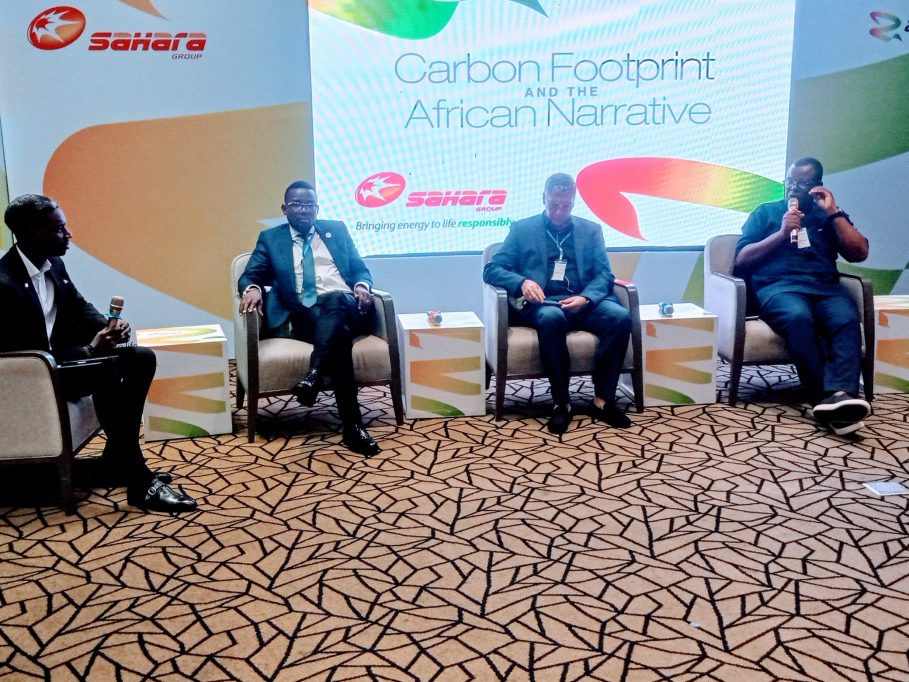
While emphasising the need for accuracy, clarity, and visual storytelling, he also advised sustainability reporters to create stories with proper contexts, using diversity of sources and also make the headlines appealing.
“Apart from hard news, other genres such as features and opinion articles must be used prominently and significantly to report carbon footprint. This is to enable expert analysis that resolves controversies and projects the facts.
“The reporter should build a solid information base to draw from when reporting hard news stories on carbon footprint. Public opinion surveys, and established local sources should be cultivated to get local views on carbon footprint.
Reporters should be on the guard against the interests of climate club and contrarians, and ensure that they ask them the right questions to counter their views against limiting carbon footprints or seeing carbon as a major polluter”
Victor Ezeja is a passionate journalist with seven years of experience writing on economy, politics and energy. He holds a Master's degree in Mass Communication.

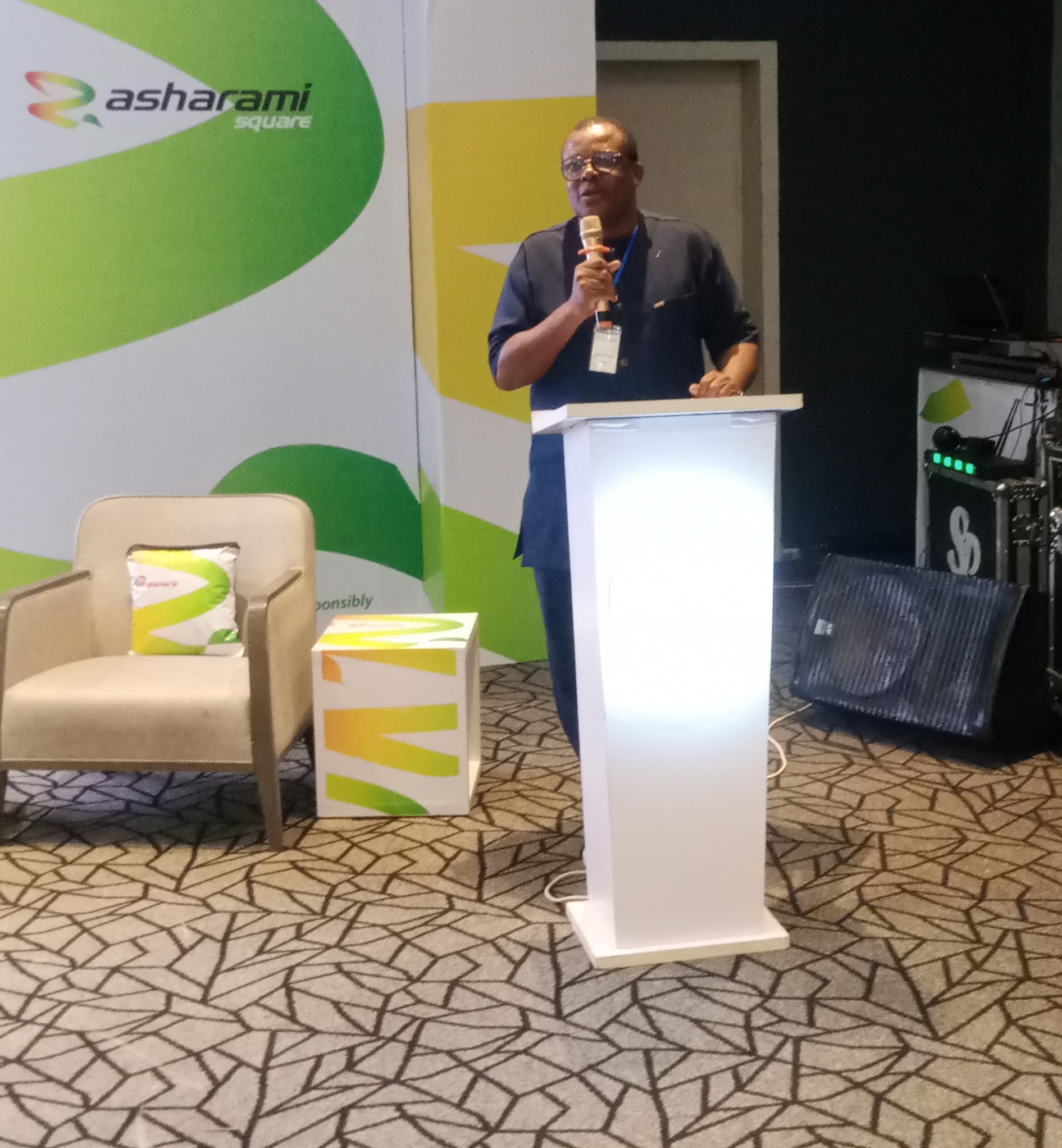



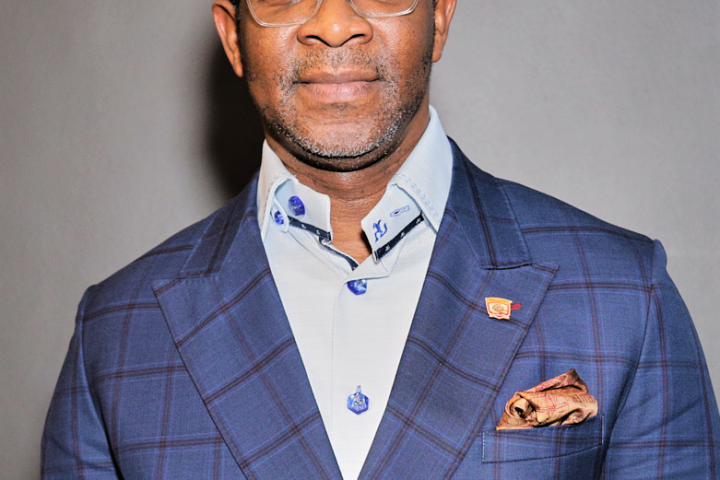
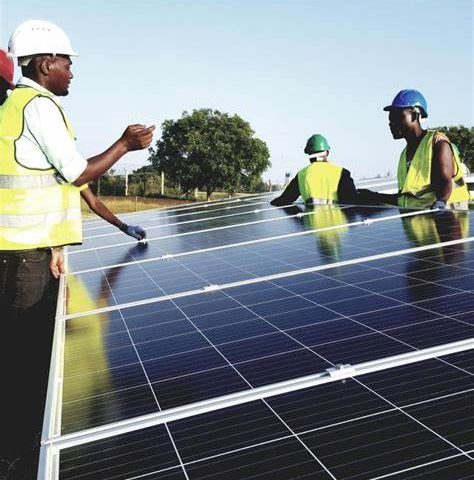
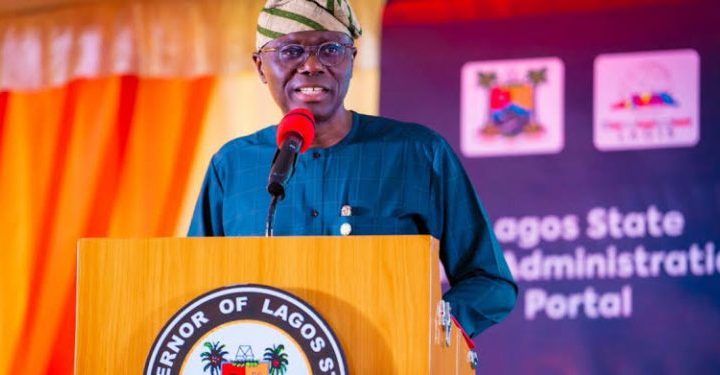








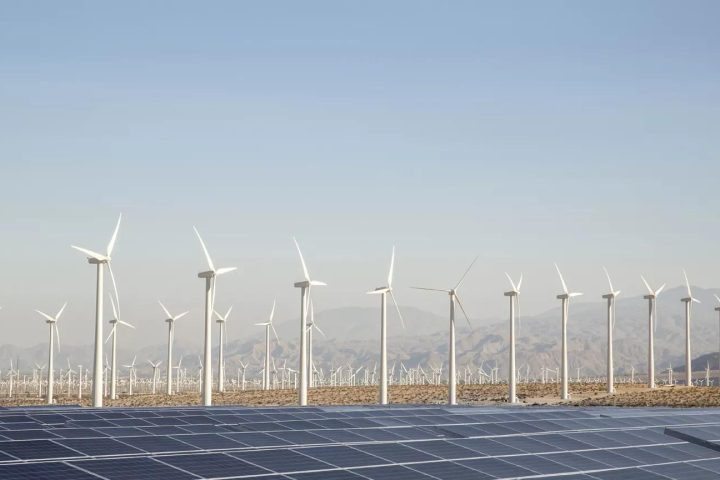


Follow Us